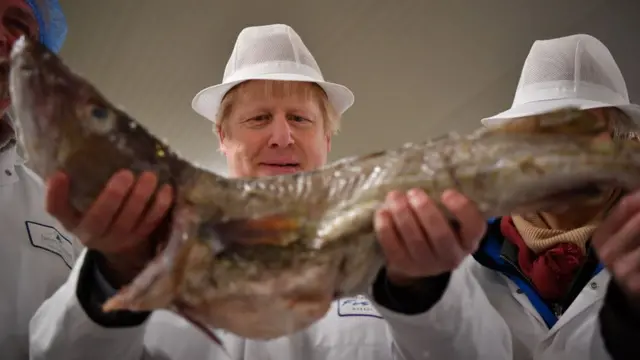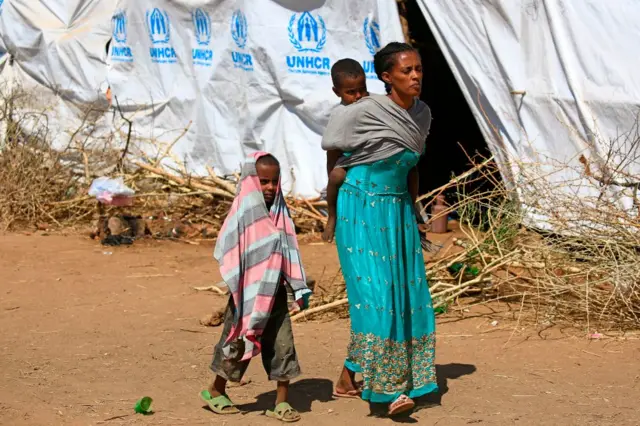What are the sticking points in the Brexit talks?published at 14:28 GMT 9 December 2020
 Reality Check
Reality Check
The post-Brexit trade talks between the UK and the EU are going down to the wire, and need to make progress in the next few days if a deal is to emerge before the end of the year.
But the negotiators appear to have hit a brick wall on some fundamental issues.
- The’ level playing field’ - this disagreement is over the extent to which the UK will follow EU rules, for example on government support for businesses and industry and workers’ rights, once it has left the transition period
- Governance - the two sides need to agree how any deal will be enforced and how disputes will be resolved
- Fishing - The UK wants its fishermen to have rights to all the fish in its waters, whereas the EU wants to maintain the quota system that shares these fish among member states
Our Reality Check team look at the issues in detail here
 Image source, Getty Images
Image source, Getty Images
